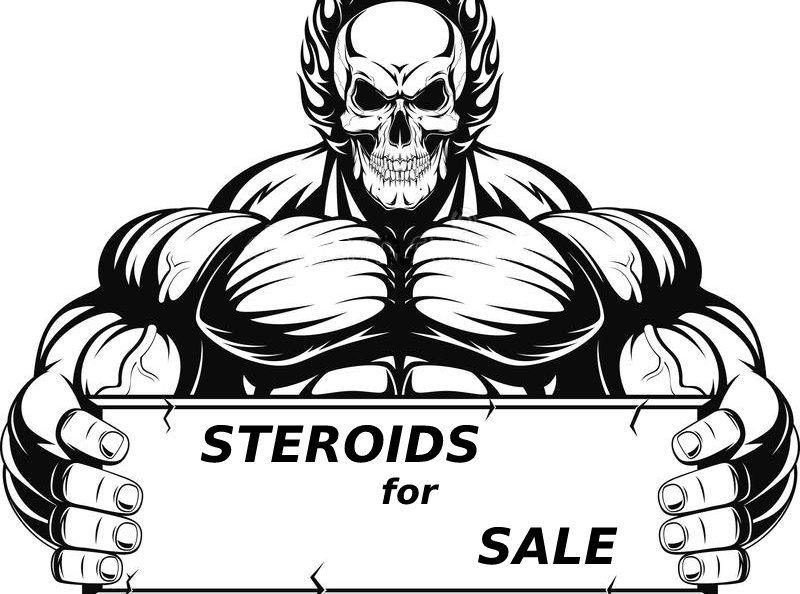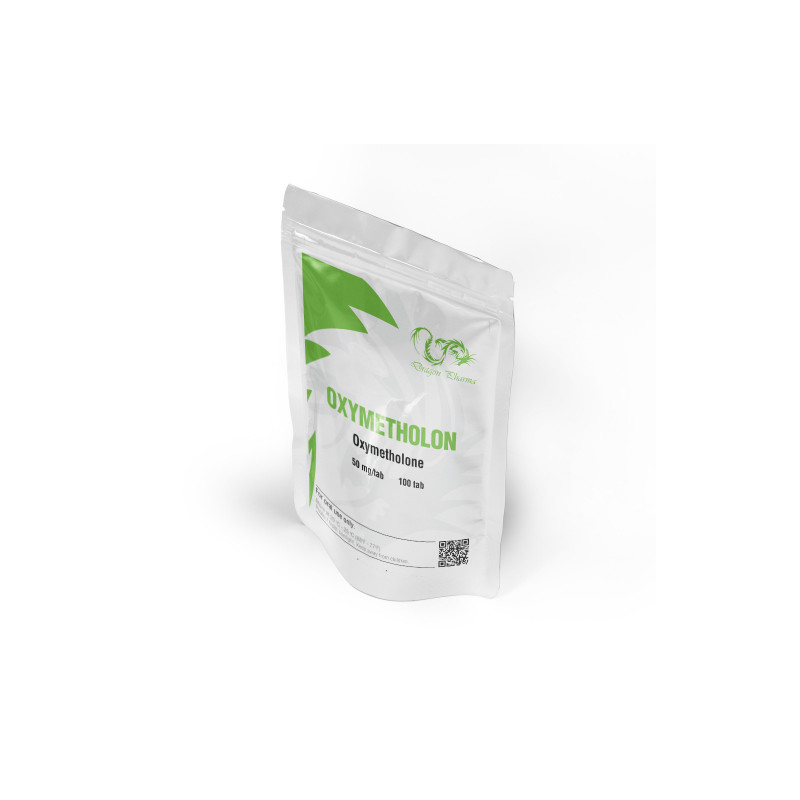Oxymetholon (also known as Oxymetholone or anadrol) is a very drastic synthetic steroid, 17-alpha-alkylated modification of dihydrotestosterone. By its performance parameters oxymetholone is most similar to methandienone. As with methandienone, it provokes not only active muscle bulking, but also a significant increase in power performance. However, a large part of the gained weight is because of water retention in the body, which can lead to high blood pressure on cycle. Thanks to its ability to influence the level of hemoglobin and to increase the blood volume in the body, oxymetholone may cause an extremely strong pumping effect by athletes, which consequently complicates the training process, because muscles get sore almost immediately after the first heavy set. Oxymetholon is a derivative of dihydrotestosterone, which gives it a chemical structure that does not aromatize. Despite the fact that oxymetholone does not directly convert to estradiol, it itself has pronounced estrogenic properties. It should be remembered that because of this peculiarity only antiestrogens would be able to combat with estrogenic side effects, but not aromatase inhibitors, because aromatase is not involved into the process. Some suggest that oxymetholone`s estrogenic activity relates to the progestogenic one, like with nandrolones. Side effects may be similar. However, medical studies have shown that oxymetholone does not possess any progestogenic activity.
DOSAGE AND ADMINISTRATION
The recommended daily dose in children and adults is 1-5 mg/kg body weight per day. The usual effective dose is 1-2 mg/kg/day but higher doses may be required, and the dose should be individualized. Response is not often immediate, and a minimum trial of three to six months should be given. Following remission, some patients may be maintained without the drug; others may be maintained on an established lower daily dosage. A continued maintenance dose is usually necessary in patients with congenital aplastic anemia.
Side effects of Oxymetholon
nausea, upper stomach pain, rapid weight gain (in the face or midsection), loss of appetite, dark urine, clay-colored stools, yellowing of the skin or eyes (jaundice),painful or difficult urination, increased interest in sex, painful or ongoing erection of the penis, loss of interest in sex, impotence, trouble having an orgams, decreased amount of semen when you ejaculate, easy bruising or bleeding (nosebleeds, bleeding gums), bleeding that won’t stop, painful swelling in your breasts, changes in skin color, shortness of breath, and swelling in your hands or feet
Specific to women:
hoarse or deepened voice, increased facial hair, hair growth on the chest, male pattern baldness, enlarged clitoris, changes in your menstrual periods, and increased or decreased interest in sex
Get medical help right away, if you have any of the symptoms listed above.





